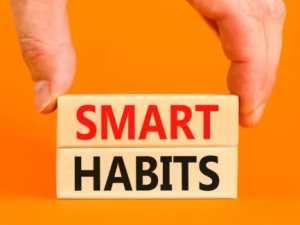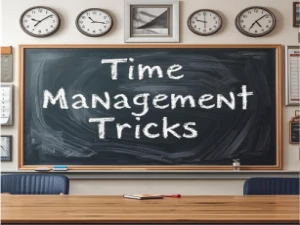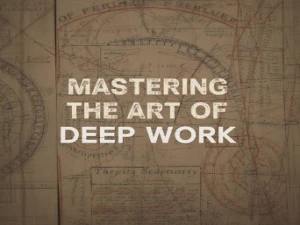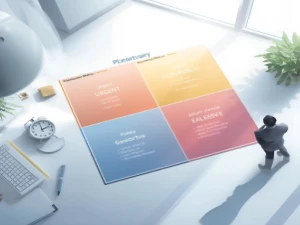Manage Energy, Not Time — The Secret to Sustainable Productivity
S
ometimes, the problem isn’t lack of time — it’s lack of energy. You can have a perfect schedule, but if your mind and body are exhausted, nothing gets done efficiently. Let’s explore how managing your energy leads to better results than managing your calendar.
1. Identify Your Energy Peaks
Track your energy levels for a week.
When do you feel most alert — early morning, afternoon, or late night?
Schedule demanding tasks during your peak hours and save routine work for low-energy times.
2. The 35/5 Focus Cycle
Work deeply for 35 minutes, then take a 5-minute recharge break.
Stretch, walk, or breathe deeply — this resets your mind without losing momentum.
Unlike traditional Pomodoro, this method suits tasks that need deep, creative thinking.
3. Daily Digital Detox
Dedicate one hour each day to go completely screen-free.
No phone. No laptop. No notifications.
During this time, do something restorative: walk outside, meditate, read a book, or simply do nothing.
4. Sleep and Recharge
Lack of sleep is productivity’s silent killer.
A consistent 7–8 hours of quality sleep improves memory, focus, and decision-making.
Try to avoid screens an hour before bed and keep a fixed sleep routine.
5. Protect Your Mental Bandwidth
Every decision drains energy. Simplify your day with routines:
-
Wear similar outfits.
-
Plan meals in advance.
-
Automate small tasks.
This frees up brainpower for what really matters — your goals.
Conclusion
Managing time is external; managing energy is internal.
When you align your work with your natural rhythm, productivity becomes effortless — and burnout becomes history.







Comments